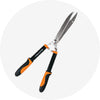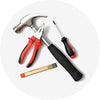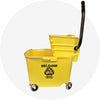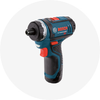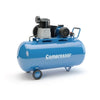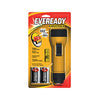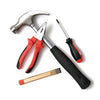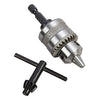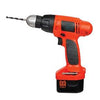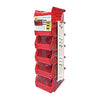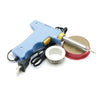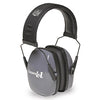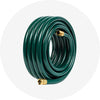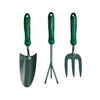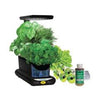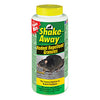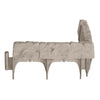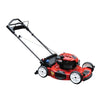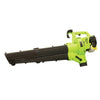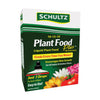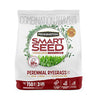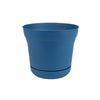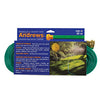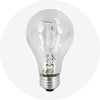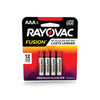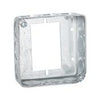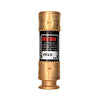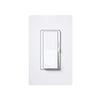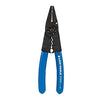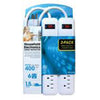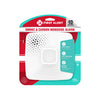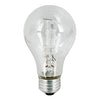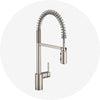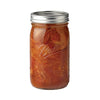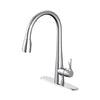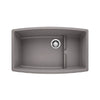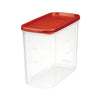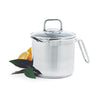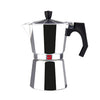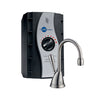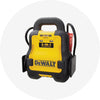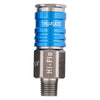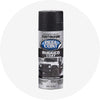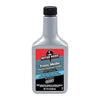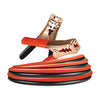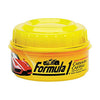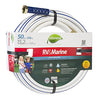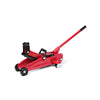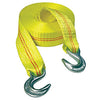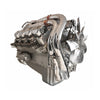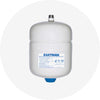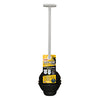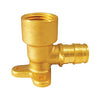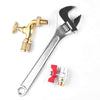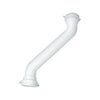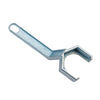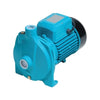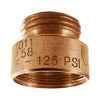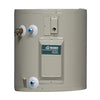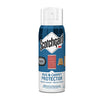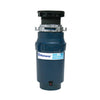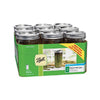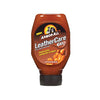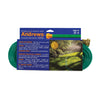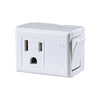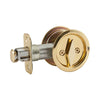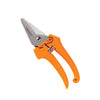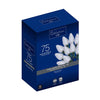Learn the most important information about the types of drywall anchors
∙ min read

A drywall anchor is a fastener, like a nail or a screw, that can hold objects together into a material that won't fit tight, such as drywall, brick, or concrete.
Types of drywall anchors
There are many types of drywall anchors, and each has its strengths and weaknesses; it is important to choose a type of anchor suitable for the fragile nature of the material. The most common anchors for gypsum walls include the following.
- Plastic expansion anchor: It works by expanding into the wall drill hole when the screw is tightened. They are ideal for hanging light to medium objects, like picture frames, shelves and mirrors.
- Hook anchor: This type of anchor is fixed directly to the drywall by a hook and is suitable for hanging objects such as curtains or towels.
- Dowel anchor: This anchor works by inserting a dowel into the drill hole, and is optimal for hanging objects such as small pictures or decorations.
- Drywall screw anchor: It has a specialized design to hold firmly onto the surface of the drywall, making it suitable for hanging slightly heavier objects, such as shelves or wall brackets.
- Hollow-wall anchors: Compared to expansion anchors, these won’t work in solid materials. Each type of hollow-wall anchor has a unique way of spreading once you install it. Their maximum weight will depend on their design and whether it is metal or plastic.
- Self-drilling: these are recommended for light-duty or medium-duty applications. They are usually made of plastic, nylon, or zinc-coated metal. One of its unique features is that the anchor is a sharp, pointed shank that can be screwed into the wall.
It is important to remember that gypsum is a fragile material and objects that are too heavy should not be hung on it without the use of additional mounting brackets, such as wall studs or hangers.
Installing a drywall anchor is relatively easy
- Before you try anything, read the package. You need to ensure that the specifications match your wall, how thick it is if the material is the right one, and how much weight it can hold.
- Drill the hole: depending on the type of anchor, you’ll need a screwdriver or a drill bit.
- Set the anchor: depending on the anchor type, you’ll need to screw it flush (self-drilling), pull the toggle tight (hollow wall), or tap it lightly with a hammer (expansion).
- Set the screw/fastener: with the anchor set, you’re ready to place your fastener.
Drywall anchors can be purchased separately from the screws they hold in place, but it’s recommended to buy anchors that come packaged with the screws that are the correct size.
Remember that the strongest wall anchor will depend on the weight and type of object to be hung, as well as the type of wall on which the installation will be made. However, the strongest wall anchors are usually metal expansion anchors or fiberglass-reinforced nylon expansion anchors.
Fiberglass-reinforced nylon expansion anchors, such as high-strength wall anchors and metal and plastic wall anchors, are also very strong and are often used in gypsum walls and other softer material. These anchors work similarly to metal expansion anchors.
In general, it is important to select the appropriate wall anchor depending on the weight and type of object to be hung, as well as the type of wall on which the installation is to be carried out.

At the end of the day, there are many good options when it comes to choosing the best anchor types, you just have to keep in mind this information, to make the best decision.
If you need a wholesale quote or volume pricing, contact us to receive personalized attention. You may be interested in our Max Pro program, where, in addition to customer service, you can choose the best materials and tools from our catalog, get special discounts and other benefits for your business.
Max Warehouse is your best partner!
Sources:
- https://www.naturalhandyman.com/iip/inffastener/infanchor/infanchor.html
- https://www.familyhandyman.com/article/drywall-anchors/
- https://www.buildworld.co.uk/blog/archives/DIYers-guide-to-drywall-anchors
- https://morningchores.com/best-drywall-anchors/
- https://www.bobvila.com/articles/best-drywall-anchors/






